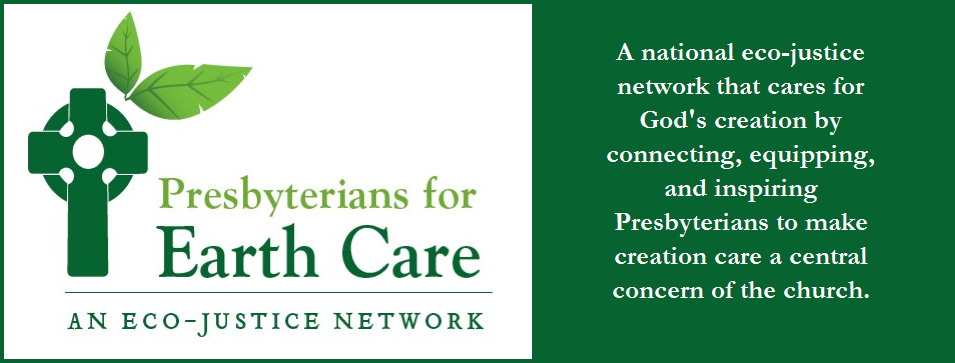A Devotional for Easter Sunday
By Rev. Dr. Randy Bush
The data about how human actions affect the world in which we live is overwhelmingly negative. Sadly we read regular reports about global climate change, soil erosion, water pollution, persistent national addictions to fossil fuels, damage done to the ozone layer, and much more. Film documentaries show us the depletion of the vital polar ice caps. Meteorological statistics weary us by noting how current weather patterns are the worst in recorded history. And our mailboxes overflow with donation requests from overworked conservancy and advocacy groups, desperately fighting for eco-justice.
But all this cannot be the final word we offer on this subject. To give up or accept a defeatist position runs counter to other scientific evidence as well as our Christian faith. Other data points to how the earth can heal many of its ecological wounds, once we stop the worst forms of damage and environmental abuse. Nature does adapt, re-group, and re-claim what we have wrongly usurped. Air, water, and soil can come back through rejuvenating wonders built into God’s essential design of this world.
To make this happen requires an “Easter perspective” on nature. In between the time on the cross and the sunrise on Easter morning, the earth waited. The followers of Jesus mourned and stopped what they had been doing. The violence of the cross was over for a spell. Then came the third day – a time of life reborn, of hope renewed, and of resurrection in every sense of the word. To step away from ecological violence means we have to be still, waiting and watching and praying and believing. For to our longing eyes, a miracle is anxious to unfold.
Resurrection is not just a one-time event. It is a way of life – real life – and a walk of faith – this day and for all time. For that good news, let us say: Thanks be to God!
Rev. Dr. Randy Bush has had the privilege to serve as an ordained Minister of Word and Sacrament in the Presbyterian Church (U.S.A.) since February 1989. Currently he is Senior Pastor at East Liberty Presbyterian Church in Pittsburgh. He also serves as Adjunct Faculty at Pittsburgh Theological Seminary, teaching courses in Pastoral Care, Preaching & Ethics, and Pastoral Theology. He has served congregations in Africa, and the Midwest. He gave the keynote address for the PEC luncheon at the 2012 General Assembly.








